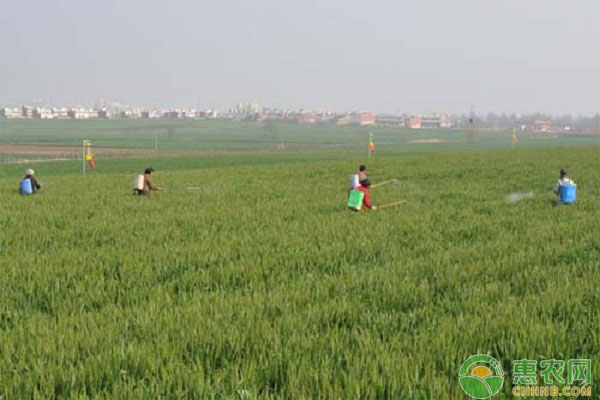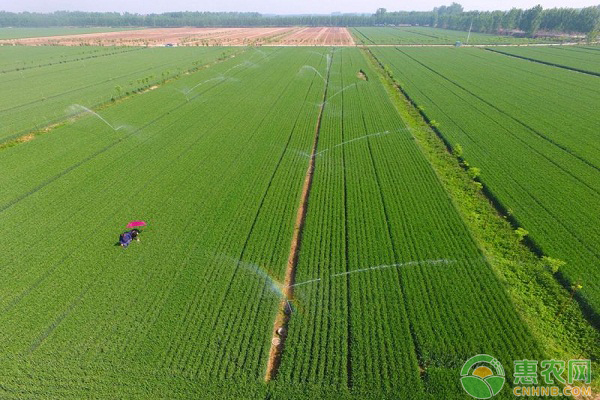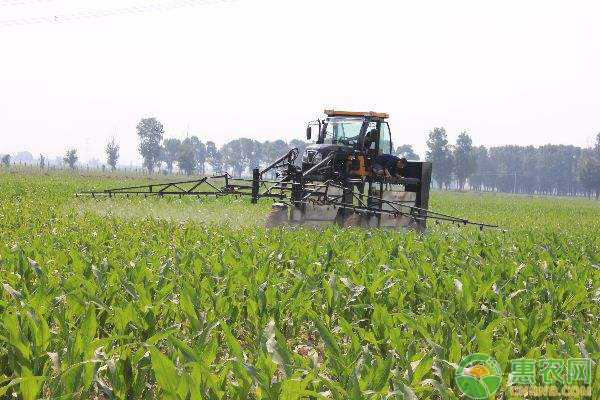Talking about the application of universal "silicone additive" in agriculture
In the operation of farming, the use of various types of pesticides is indispensable, but when you buy pesticides, have you encountered this situation, no matter what pesticide you buy, the dealer will recommend silicone additives to you. So what is the use of this silicone? Here's a comprehensive look at everything about this silicone additive. Let’s first understand what silicone is: Silicone, in a broad sense, refers to a compound containing an SI-C bond, and at least one of which is an organic group directly attached to a silicon atom, which is called an organosilicon compound, which is known to farmers. The application of silicone in agriculture was not commercialized until the 1980s. The widespread use of silicones has greatly contributed to the elimination of toxicity and environmental pollution in agriculture. Why do you say that? Farmers' friends know that pesticides are something we must use in crop management, but there are drawbacks to using pesticides. The first is the cost issue, and the second is the environmental pollution problem. Pesticide production costs are high and prices are high. If a large number of pesticides are used, it will increase the cost of planting land and reduce farmers' income. For the environment, the large-scale use of pesticides leads to environmental pollution and pesticide residues, which seriously affects the ecological environment. In the process of using pesticides, if the concentration is too low, the insecticidal effect will not be achieved. If the concentration is too high, it will easily lead to phytotoxicity, and the pesticide residue will exceed the standard and pollute the environment. Adding pesticide synergists to pesticides is the most versatile method. Pesticide synergists are an important auxiliaries in pesticides and have no activity in themselves. However, when mixed with the corresponding pesticides, the utilization rate of pesticides can be significantly improved. Silicone is one of the most widely used synergists in agricultural production. What are the characteristics of silicone and its additives? 1. The excellent wetting property of silicone makes the liquid spread rapidly on the leaf surface, enhances the adhesion of the liquid, improves the utilization rate of the pesticide, reduces the loss of the liquid, and prevents the pesticide from infiltrating into the ground, causing water pollution. 2. Silicone additives can significantly enhance the adhesion and spread of the liquid on the surface of plants or pests, improve the utilization rate of pesticides, speed up the absorption of pesticides by pesticides, and improve the insecticidal effect to a certain extent, thereby reducing the number of sprays. Reduce the amount of pesticides used. Can the universal "silicone additive" really be used in all pesticides? I know it today. 3. Silicone promotes the penetration of the systemic drug through the pores to improve the rain-resistant scouring ability. It does not need to be refilled after the rain. 4. It can reduce the use of pesticides per unit area and water consumption, reduce pesticide pollution and reduce pesticide residues. It can be used in combination with insecticides, fungicides and plant growth regulators. Then the problem is coming. Since the effect of silicone blending with pesticides is so good, is it possible for farmers to use any pesticides to add silicone additives? Obviously not! It is not excluded here that some agricultural resource dealers deliberately promote the purpose of selling silicone in order to make money, because this silicone additive does not add any adverse reactions, which is why agricultural dealers dare to strongly recommend. So how should farmers friends choose? A. Not all pesticides should be added with additives Some pesticides have actually added some surfactants during the production process, and these pesticides may cause phytotoxicity if they are added with additives such as silicone when they are used. Taking the pyruvic esters of fire in recent years as an example, this kind of high-efficiency broad-spectrum new fungicide has strong conductivity and permeability. If farmers add silicone additives during application, it will enhance pesticide penetration. Sex, it is easy to cause crop damage. The same is true of certain herbicides, for example, the use of a wide range of pendimethalin in vegetables. The herbicide itself has a strong permeability. If it is mixed with a silicone auxiliary agent, it has extremely low expandability due to silicone. It is easy for herbicides to diffuse into the crop tissue through the leaf pores of the crop, causing phytotoxicity. B. In actual use, there are not many The amount of silicone used must be strictly in accordance with the instructions, do not increase the concentration arbitrarily, it is easy to cause phytotoxicity. At the same time, it is best to avoid high temperature application before 10:00 am and after 4 pm. Although silicon is a trace element required for plant growth, it is involved in the growth of plant cells, but silicon is not an essential element for plant growth. With silicon crops, it will grow better, without and without much impact. Silicone in agriculture It is used only as an auxiliary, not as a supplement to silicon. This needs to be clear to farmers. The popular point is that when spraying pesticides, adding silicone additives is better, and there is no impact if it is not added. Therefore, the recommendation of agricultural resources dealers is completely ignored. Yellow rice wine is a type of Chinese rice wine made from glutinous rice, wheat, and water. It is commonly used in Chinese cooking and is also consumed as a beverage. Shengta wine is traditionally made by fermenting the rice in a clay jar with a starter culture of yeast and koji (a type of mold). The fermentation process can take several months, and the resulting wine is typically clear with a yellowish tint. Yellow rice wine has a mild, sweet taste and is often used in marinades, sauces, and soups to add flavor and depth. It is also believed to have health benefits, such as aiding digestion and promoting blood circulation. Rice Liquor ,Glass Bottle Yellow Rice Alcohol,Aged Yellow Alcohol,Yellow Rice Wine Sweet Taste Zhejiang Shengta Shaoxing Wine Co., Ltd. , https://www.shaoxingyellowricewine.com

